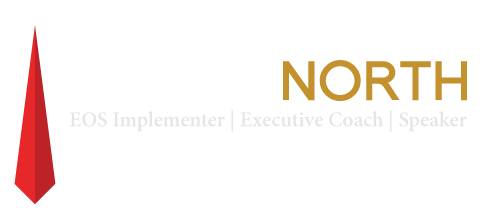To be a successful entrepreneur you have to learn what, when, and to whom do I let go of control?”
The answer? Maybe never—at least not entirely. As long as you own the business, you’ll always have a stake. But the better questions to ask are:
- Which parts of the business am I ready to step back from?
- When is the right time?
- And who can I trust to take the reins?
In the beginning, most founders are deeply involved in everything—every decision, every detail. That level of control is often necessary early on. It ensures quality, speed, and alignment with the founder’s vision.
But as the business grows, things change. A team forms. Revenue stabilizes. Still, many founders hold on tight—out of habit, fear, or a deep emotional connection to what they’ve built.
Over time, that grip becomes the bottleneck. It’s no longer helping the business—it’s holding it back.
Letting go can feel risky. For some, it may even feel like losing a piece of their identity. But in reality, it’s a sign of growth. A necessary shift in leadership.
Take Brian Goldberg and John Forkan, co-founders of BlueBird Windows & Doors. They’re right in the middle of this transition. They’re not leaving—but they are stepping back, working to build a leadership team that can drive the company forward without their daily involvement.
It’s not easy. But it’s essential.
Because at some point, the greatest risk isn’t letting go—it’s not letting go.
Letting go doesn’t mean giving up control. It means sharing it, passing it on—with intention, structure, support and trust.
It’s not a sign of weakness.
It’s a sign of strength and evolution. It’s on the path of becoming a successful entrepreneur
And it’s one of the most important decisions a founder will make to build a business that is truly sustainable.
The post “Entrepreneurs Must Learn When to Let Go of Control” first appeared on TCNorth.com


